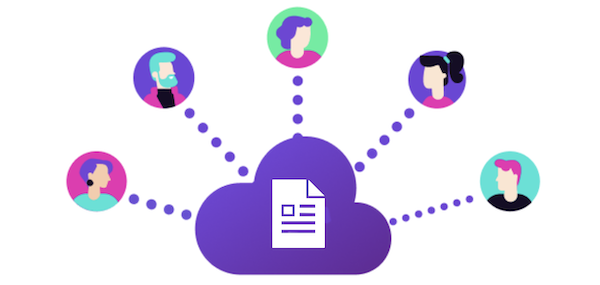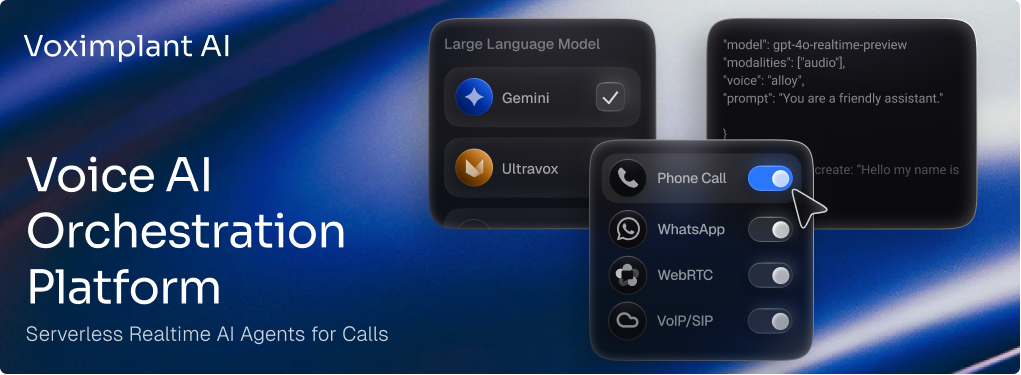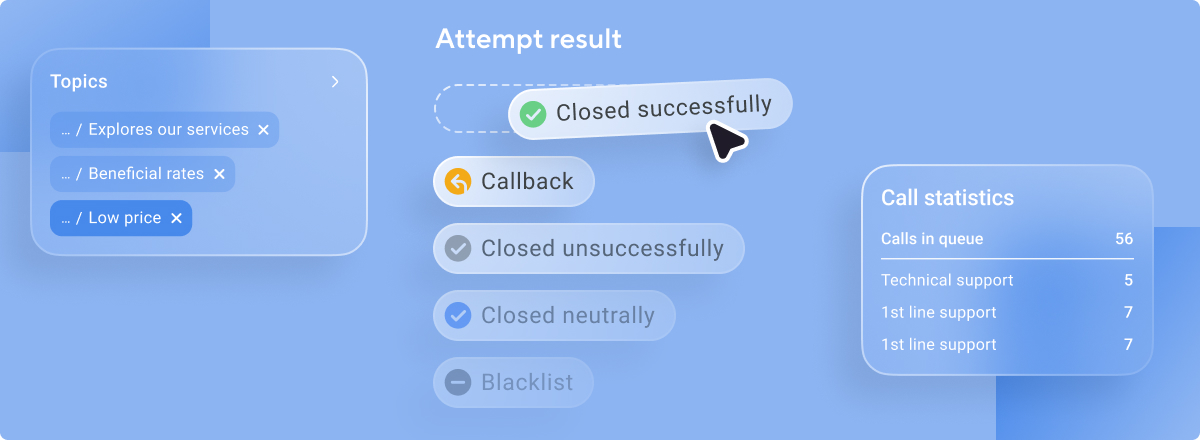If you haven't switched to a cloud-based CRM system yet, then it’s highly likely that your customer-facing departments (such as support, customer success or sales) work much slower than they potentially could. The reason for that is they don’t have access to a system where they can easily find all the needed information in a matter of seconds. A cloud-based CRM is just what you need to make your employees more productive and improve customer service.
What Is a Cloud CRM System?
A cloud-based CRM is a system that allows you to store and access your company's data via the internet. All customer data is kept on a remote server, which is called a "cloud". Such solutions are classified as SaaS (Software as a Service), since the software is based on the developer's server and is provided to companies as a service.

Gone are the days when "CRM" was associated with complicated and expensive software that required an entire team of IT professionals dedicated solely to installing and maintaining it.
Modern CRM systems are advanced and easy to use at the same time. Besides, they are highly customizable and offer a variety of features designed to meet the unique needs of every company - large or small. Nowadays, cloud CRM systems provide a wide range of capabilities, flexible prices, ease of installation and maintenance.
The multiple advantages of a cloud-based CRM make it a must-have solution for many companies. For example, modern contact centers rely on cloud-based CRM systems, because they give quick access to all the up-to-date information about customers: from personal data to the entire history of calls and other interactions. This system is also useful for the sales department, because employees can get contact lists, track customer requests and easily optimize the entire sales process.
Cloud CRM Benefits
Easy implementation
One of the main reasons a business hesitates to try a CRM system is the fear that the installation and onboarding processes will be too long and complicated.
Fortunately, with a cloud-based CRM system, you won’t face these issues. You do not need any additional hardware, there’s no need for setting up your own server. You can easily start using the system without getting your IT department involved. It’s easy to deploy a cloud-based system, because the CRM provider takes care of everything remotely. If you have access to the Internet, you can get started with a cloud CRM system in one click.
Integration with voice assistants
This is an important advantage, because voice assistants can input data into a CRM system in real time. They are able to transcribe the conversation with the client, determine the main topic of the appeal and enter all this data into the client's card. Thanks to this, once the human agents join the conversation, they will already know the essence of the matter and be ready to consult the client in the best way. Integrating a CRM system with voice assistants allows you to optimize the work of operators and increase the speed of solving customer problems.
Access from anywhere
Most cloud-based CRM systems are easy to use even on mobile devices. They can be accessed from anywhere — all you need is the internet connection and your login information. Once you’re logged in, you have all you need to work. Because the data is stored in the cloud, your customer information is available to you around the clock, not just when you’re at the company office. A cloud-based CRM system is incredibly useful when working remotely. You can quickly find the customer you need or get the information you need for an important call, no matter where you are.
Reduced costs
Flexible pricing and cost-effectiveness are important qualities of cloud CRMs that both large and small businesses appreciate.
Most cloud CRM vendors offer various subscription plans that provide specific sets of functionality. So, the price for your cloud CRM will depend on what you need.
Data backup
Cloud CRM systems provide multiple security methods for your data. Typically, without a cloud platform, backing up data requires tons of resources and storage space, which can quickly add to your costs. With a cloud CRM, all backups are done by the vendor.
Besides, cloud-based CRM systems offer quick and easy ways to recover valuable customer data in case of a system failure or power outage. The enhanced security of a cloud-based CRM system protects customer data and therefore, your business.
Conclusion
Using a cloud-based CRM system allows your company to build strong customer relationships and provide better service. Your sales team gets more opportunities to work efficiently and increase revenue. The greatest advantage of a cloud-based CRM is that it’s quite flexible and seamlessly integrates into the business without disrupting internal processes. By deploying a cloud-based CRM system, you can also improve your customer service, because information can be updated by voice assistants, and used by operators to solve urgent customer problems.
If you have any questions about cloud-based CRMs or if you’d like to find out what solution would be best for your business, don't hesitate to contact us:





